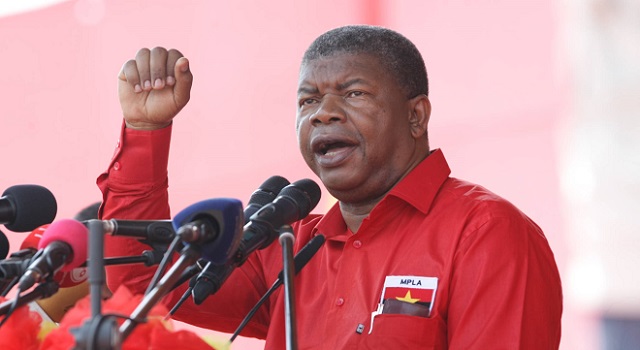
Luanda, Angola | AFP | President Joao Lourenco pledged on Monday to kickstart the ailing Angolan economy with a push to attract foreign investment to end its “excessive” dependence on oil revenue and return to growth.
Delivering his state of the nation address to parliament, Lourenco also vowed to continue a crackdown on corruption that has contrasted sharply with the approach of his graft-tainted predecessor Jose Eduardo dos Santos.
“We will support the Attorney General’s office and the Criminal Investigation Service responsible for the fight against corruption, and economic and financial crimes,” he told lawmakers in the capital Luanda.
“We will also update anti-corruption legislation to make it more effective.”
Since coming to power last year, Lourenco quickly asserted his authority and began to dismantle his predecessor’s empire including deposing Dos Santos’ daughter from the helm of state oil giant Sonangol.
Prosecutors last month remanded Dos Santos’ son Filomeno in custody in a $1.5 billion (1.3 billion euros) graft probe linked to his time at the head of the country’s sovereign wealth fund.
Announcing his government’s priorities, Lourenco said “we plan to adopt tax incentives for companies looking to invest in rural areas”.
“(That) will promote trade with urban areas as well as reducing rural poverty,” he said, pledging to “fight regional inequality”.
Despite having a fabulously wealthy elite, 40 percent of Angolans live below the poverty line and unemployment is widespread.
Lourenco said he wanted to increase agricultural and industrial output to reduce Angola’s “excessive dependence on the oil industry”.
High oil prices in the 2000s helped Angola’s economic growth rate reach almost 20 percent.
But a slump in the global oil price from 2014 and the failure of authorities to diversify the economy plunged the country into a serious financial crisis that it has yet to escape.
Angola’s economy sank into recession in 2017, shrinking 2.1 percent according to official statistics.
The economy recovered modestly in 2018 but remains weighed down by an 8 percent contraction in the oil industry, Lourenco said.
“2019 should have more positive growth with a recovery in the oil and non-oil sectors,” he said.
“Despite only being in my first year, I took office resolving to fix the people’s problems and… to diversify the economy.”
 The Independent Uganda: You get the Truth we Pay the Price
The Independent Uganda: You get the Truth we Pay the Price



